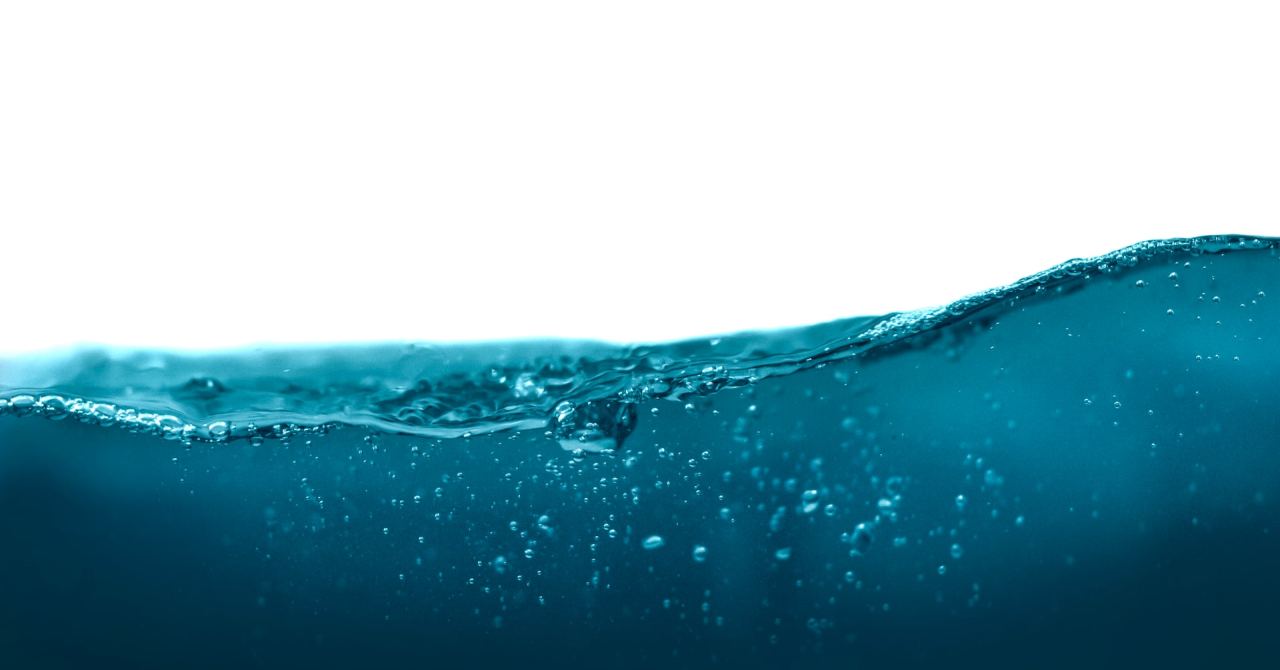According to The Next Web, Europe had its worst drought in the past 500 years, which means that many companies had to reduce their operations or shut them down altogether, due to lacking water resources. France and Spain are among the heaviest-hit nations, especially since France relies heavily on nuclear power to generate electricity, which needs large amounts of water for cooling the reactors.
Some experts believe that by the end of this decade, demand will rise beyond what the planet could offer by 40%.
While water is a crucial resource that we can't afford to lose, startups innovating in this field receive small amounts of funding, compared to what they need in order to bring newer and better tech to help us stay afloat.
Around 50 billion USD were invested globally in green tech back in 2021 and out of that amount, less than 1% or 430 million USD were directed to companies who aim to bring freshwater on Earth.
This is bound to change, however, as investors took note of the number of companies working in this field and also of the much-needed water supplies that they could provide for industries, but also for consumers at home.
Unthoughtful use drains the planet
What's worse is the fact that as much as half of our water resources are wasted due to leaking and another large amount is gone because of inefficient use. Furthermore, some countries don't resort to reusing their water supplies and all these things must change in the future, if we want to make sure everyone has easy access to water.
Orbital Systems is a Sweden-based company who works together with people who want to save water at home. With 65 million euros funding raised to date and with a system inspired by the US's NASA, Orbital Systems uses a reusing solution which works great for taking showers. Thus, engineers developed this system which is able to recycle shower water, but at the same time filters out unwanted liquids with the help of sensors, such as urine, so only clean water is being available when you take the next shower.
Compared to a traditional shower, Orbital's version is able to save as much as 90% in water usage, while also lowering power consumption by 80%, its designers say. Also, the price isn't cheap, at about 3.680 euros per unit, but officials say that homeowners are able to save about 1.000 euros per year with it.
Detecting leaks can greatly improve efficiency
If, however, you want to take care of a building's nasty leaks, you can count on a Belgium-based startup and its AI solution. Shayp engineers developed a system which is able to detect water leaks in a building's pipes and prioritize them depending on how bad the leak is.
EU buildings who want to use the company's system must sign a five-year contract and pay 5% of their water bill. In return, they save 20% of their water consumption.
CEO Alexandre McCormack explained that "buildings can significantly reduce their usage and make huge water and cost savings simply through optimization – no new infrastructure is required."
Optimizing water use for farming
With around 70% of the whole water supplies used in a year going to this industry, 60% of that is wasted due to poor irrigation systems.
Constellr is a German startup which gathered 10 million USD and uses a system of microsatellites equipped with special thermal and imaging sensors, which can detect water availability and a field's need for irrigation. This can help farmers detect if a drought might be coming or when they should irrigate the crops, based on water availability.
With the first satellite being launched last year, the company wants to save 60 billion liters of water in the coming years and at the same time, helping farmers generate "billions" in profits.
Desalinization could also be a solution, but it's not cheap and we need important amounts of power to do it properly, which is where Desolenator can help. The Netherlands-based startup has been working for the last ten years in this field and it uses a proprietary-kind of solar panels, which officials say are four times more efficient than regular panels.
The first solar-powered desalinization plan was opened in Dubai last year and it has a capacity of 20.000 liters per day. Freshwater is being produced at a price of 0.02 USD per liter.
John Arnold, Founder of Centaurus Capital, said that "as global manufacturing and supply chains continue to advance, they demand more and more water resources which are increasingly rare and finite."
John Robinson, partner Mazarine, a technology VC specializing in water risk, added that "water tech is not just about making utilities more efficient, it’s about preparing industry and society for water-related risks as a result of our new climate reality."
 Mihai - Cristian Ioniță
Mihai - Cristian Ioniță












Any thoughts?